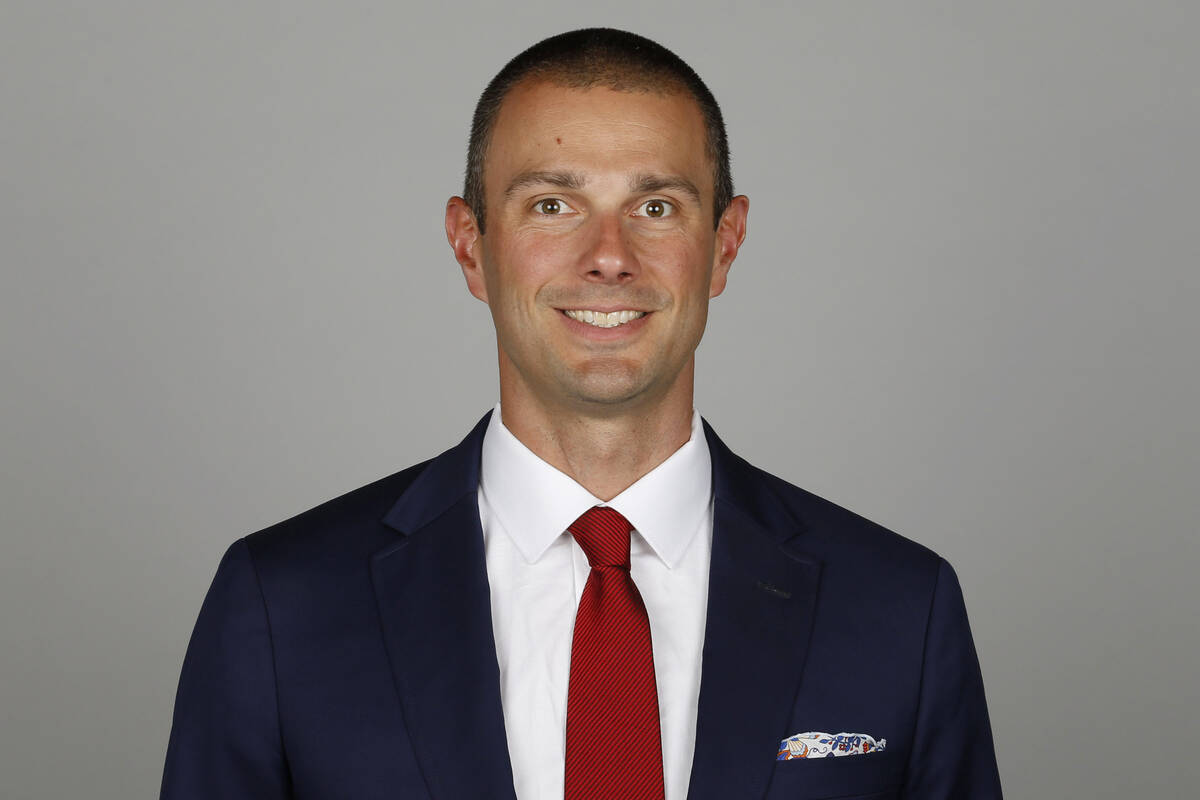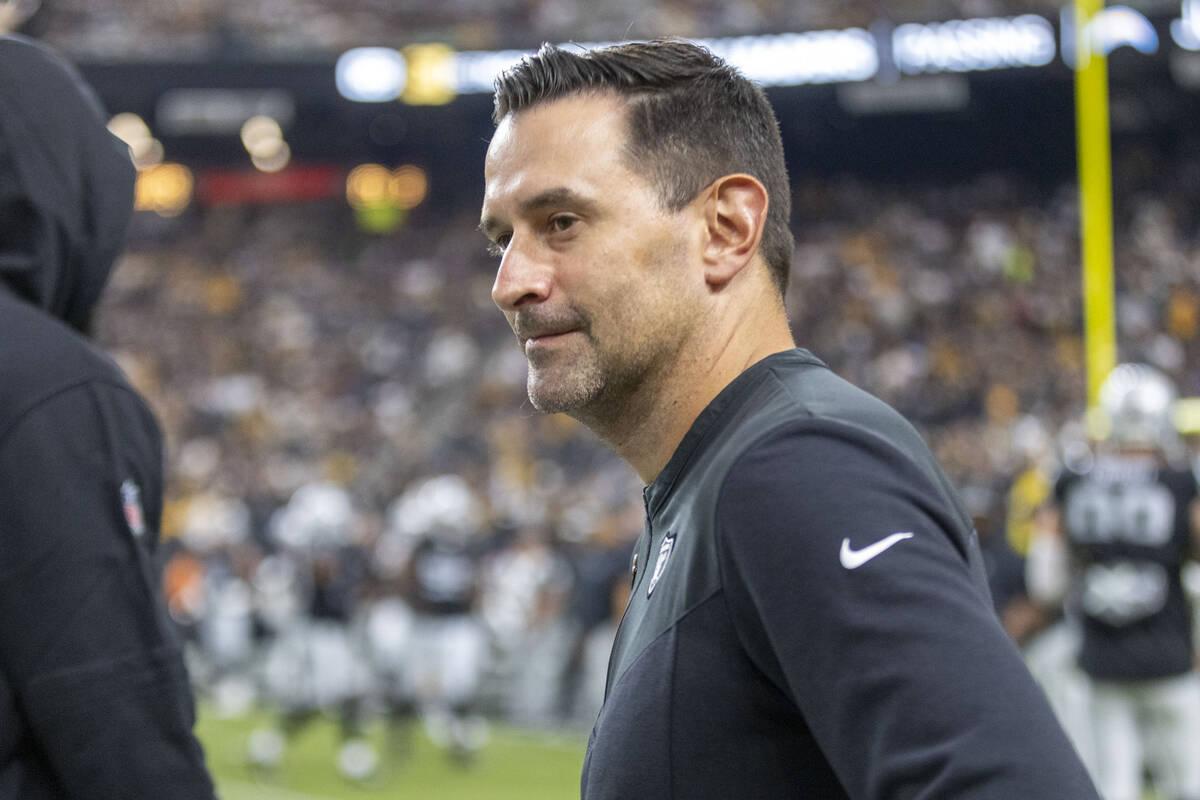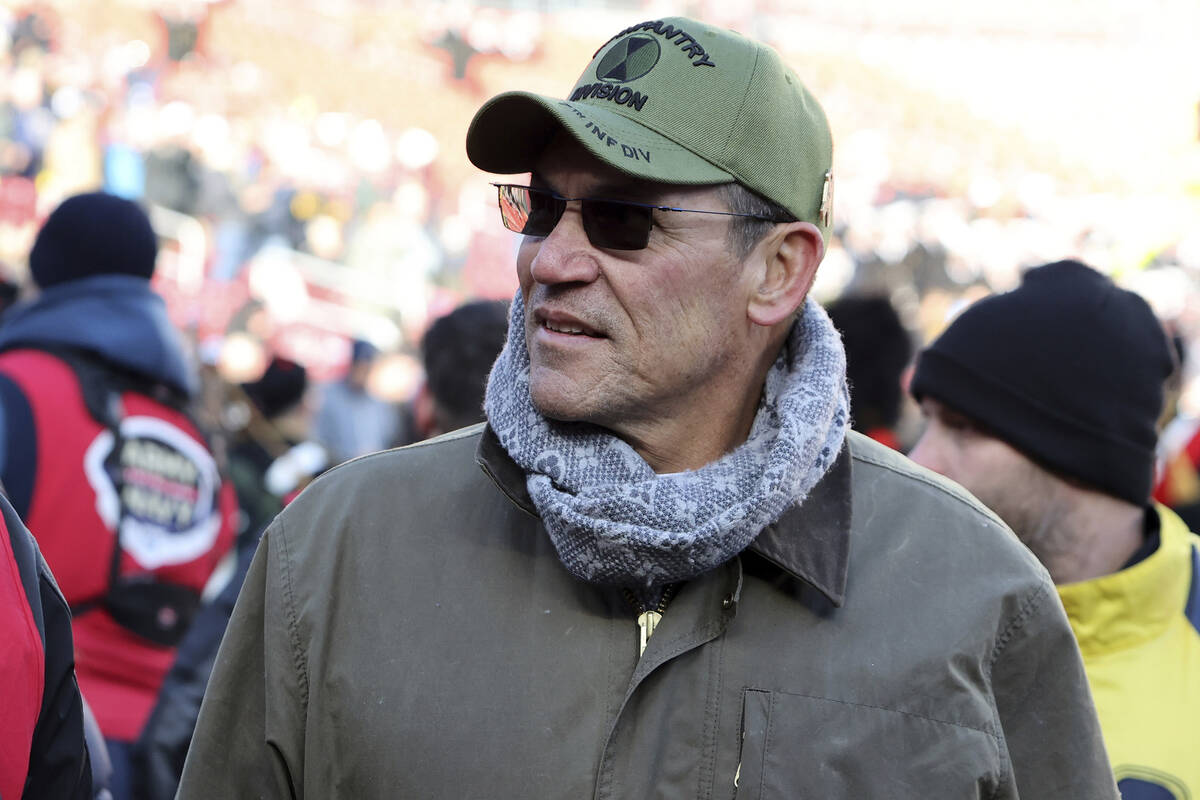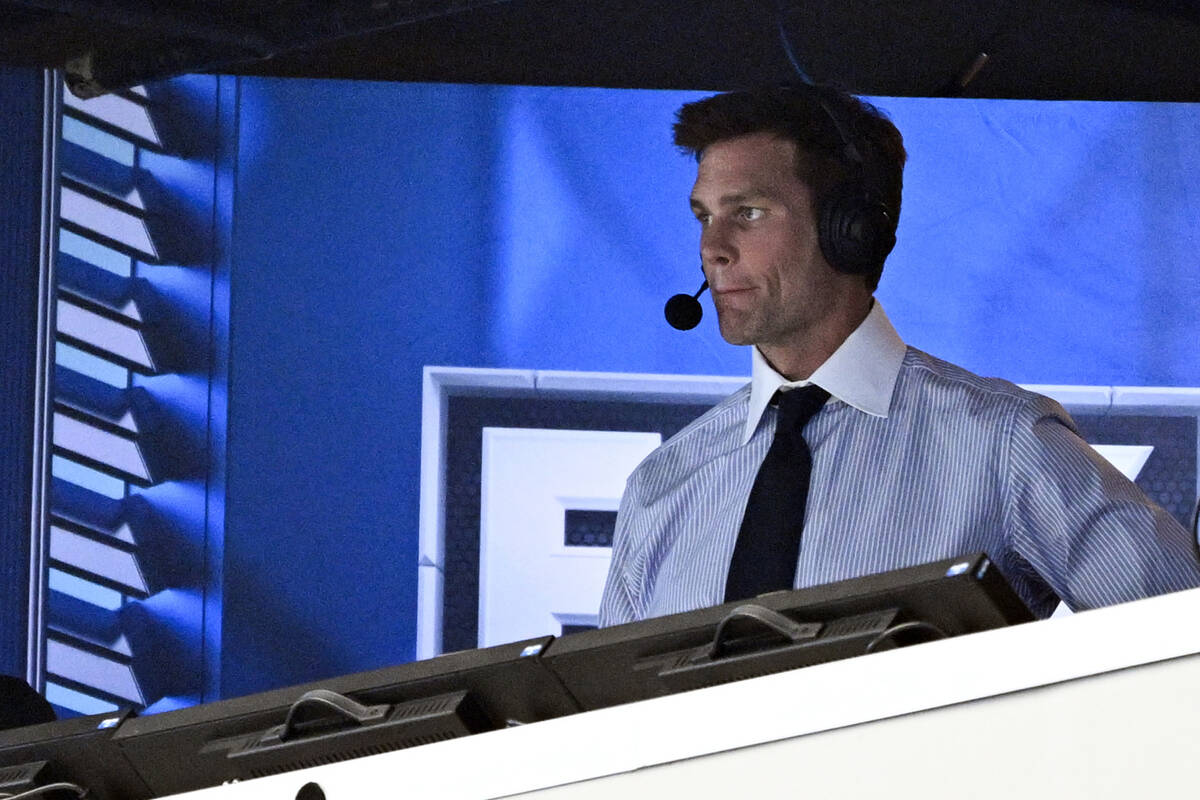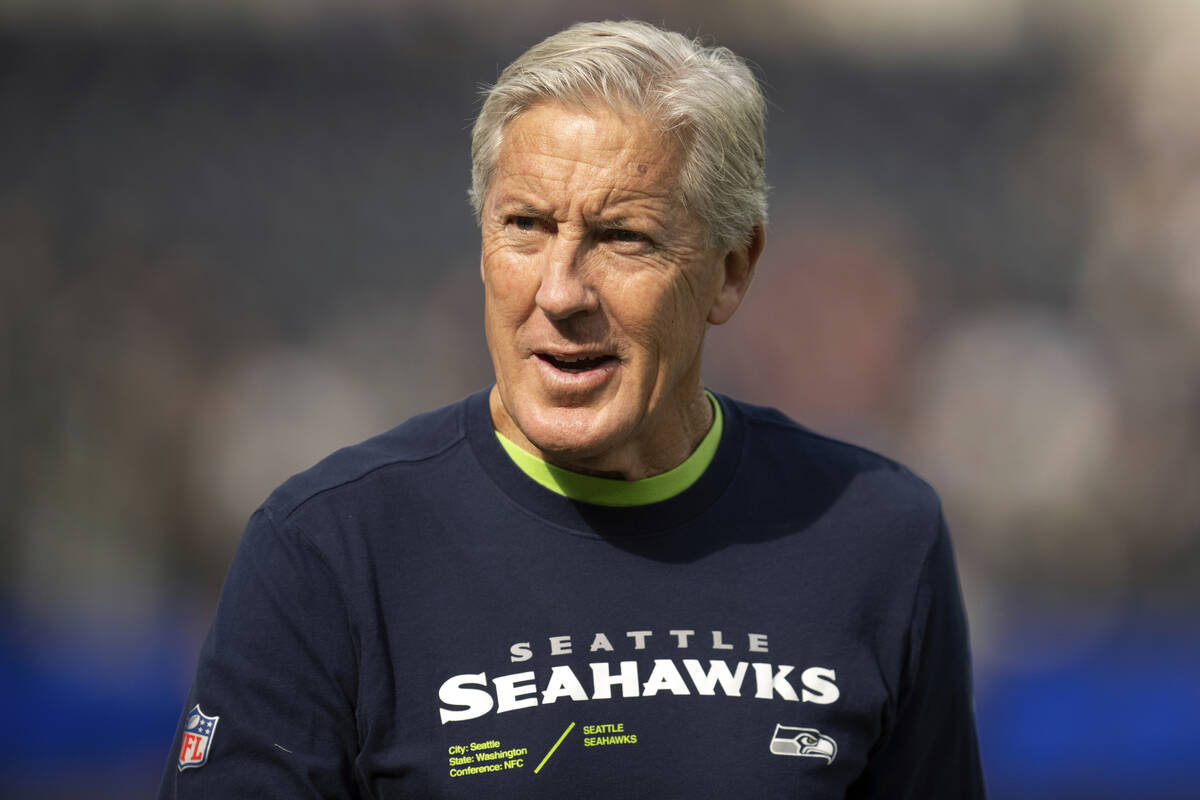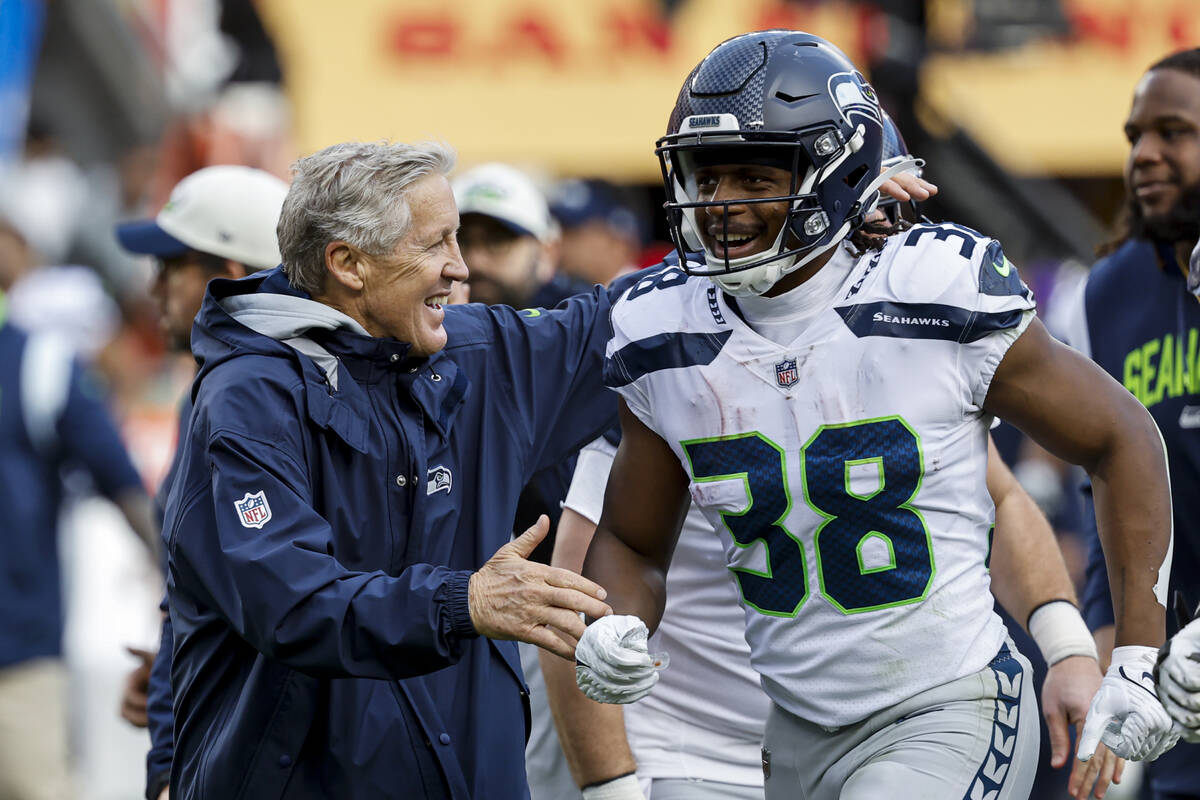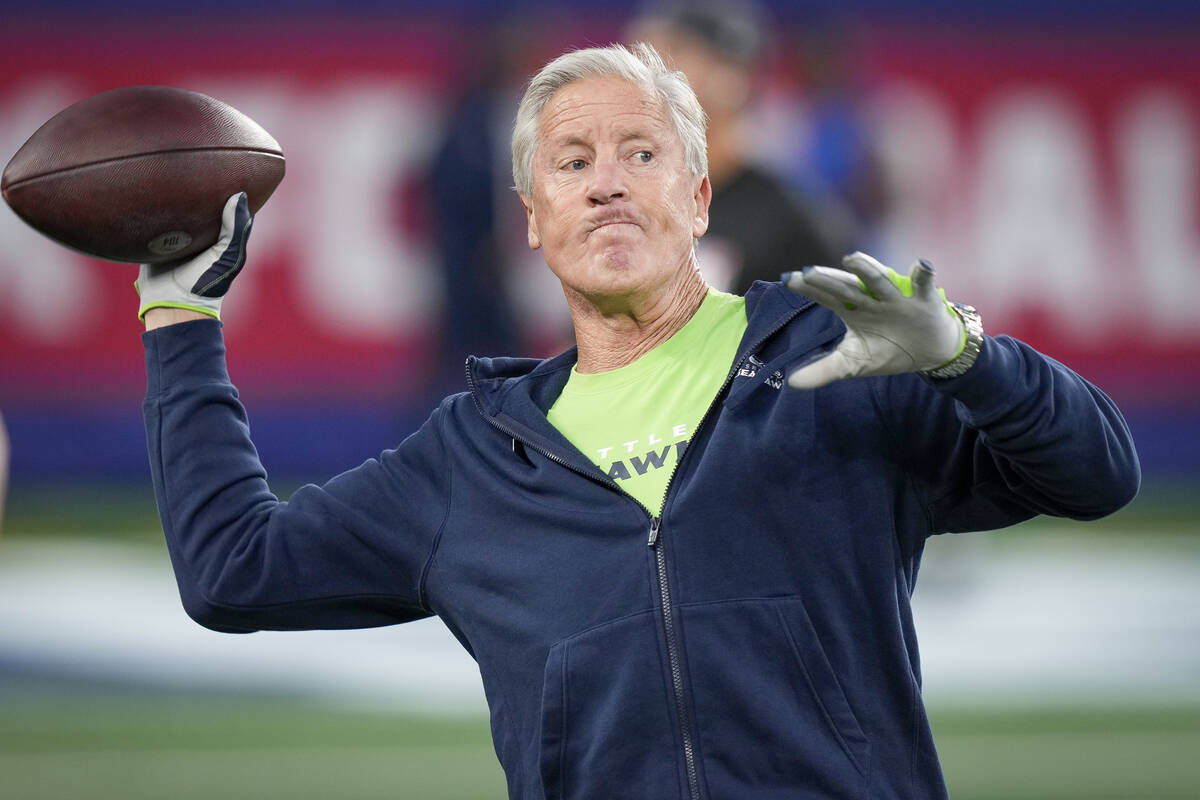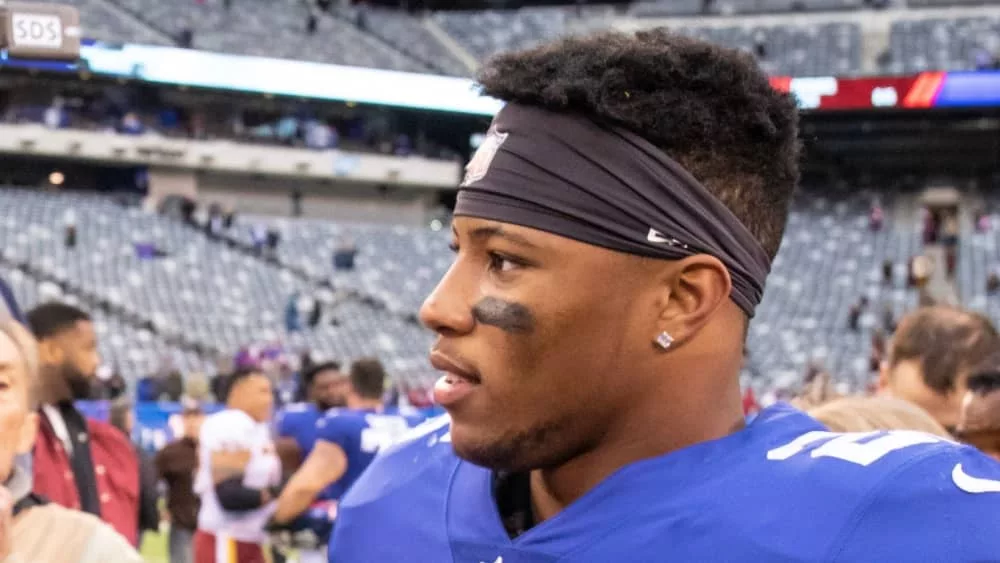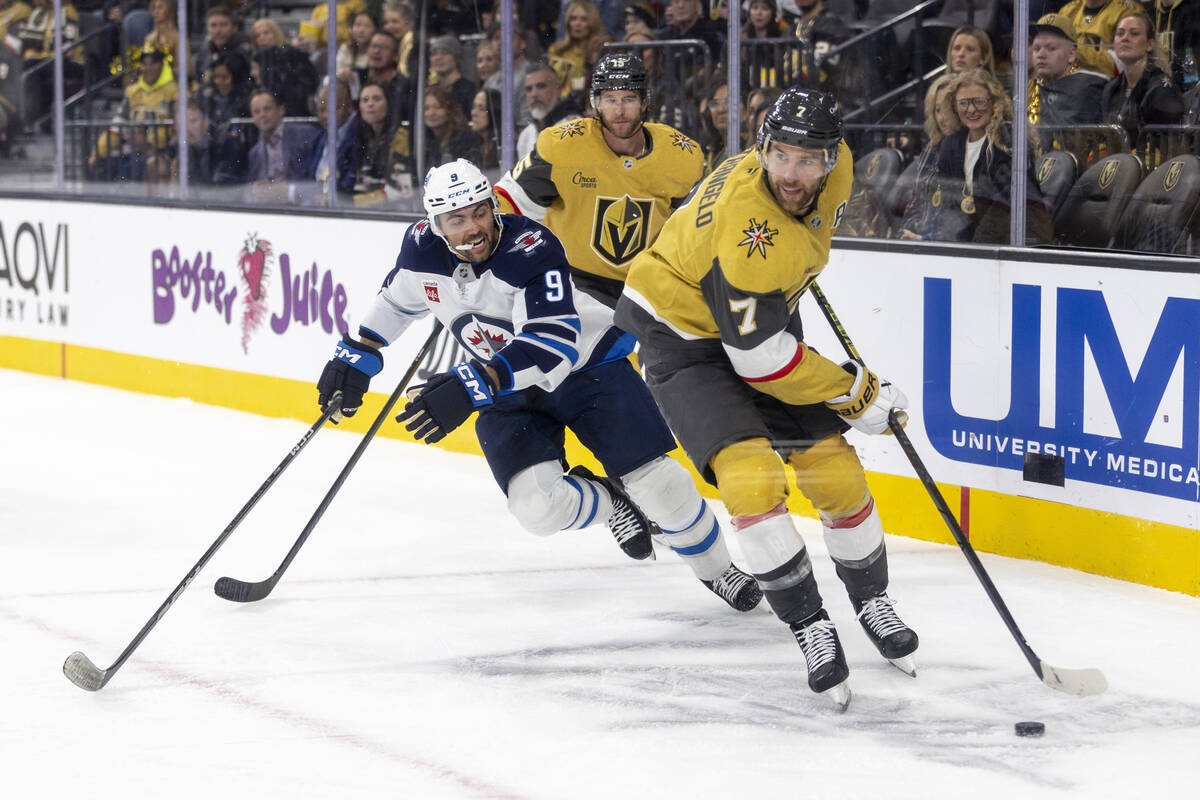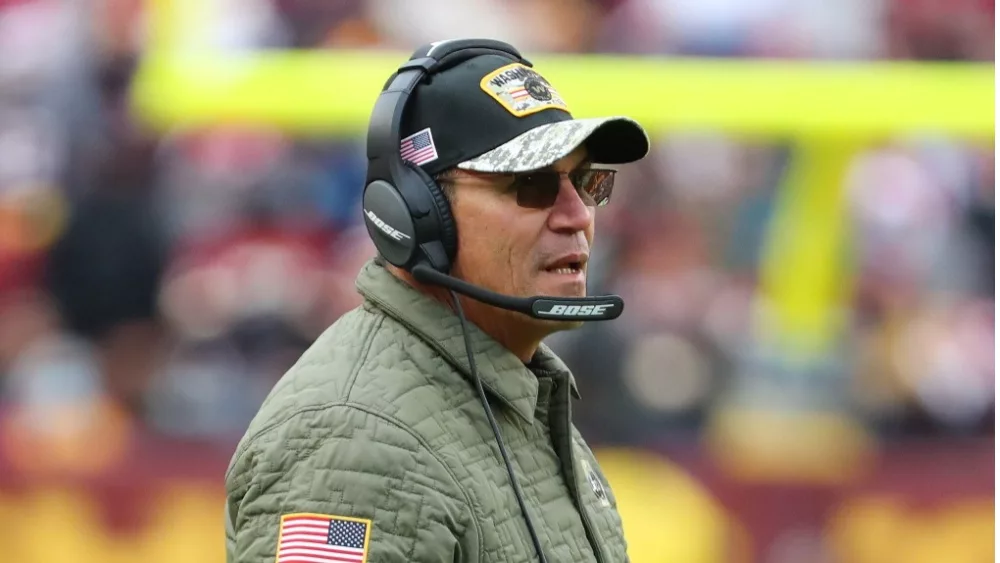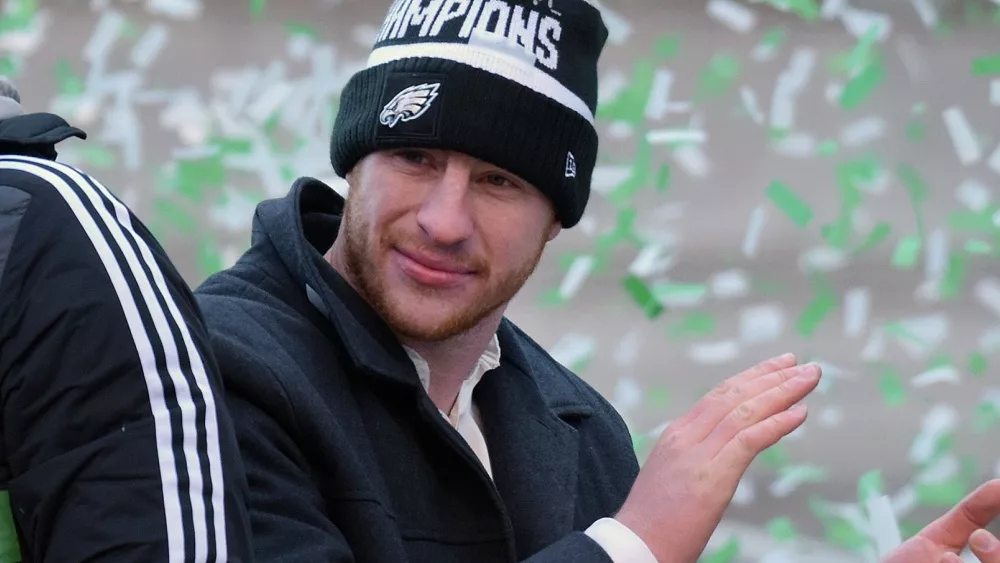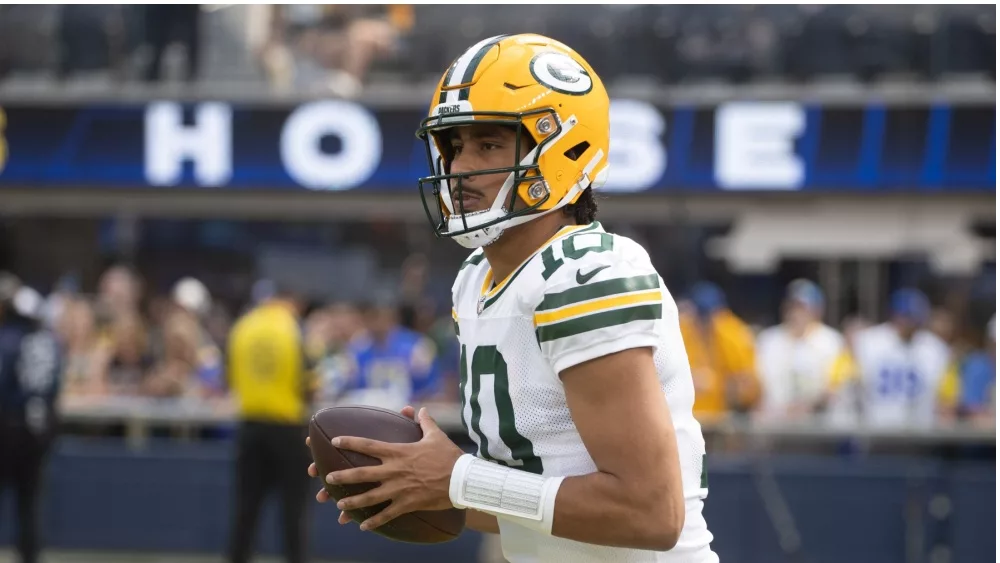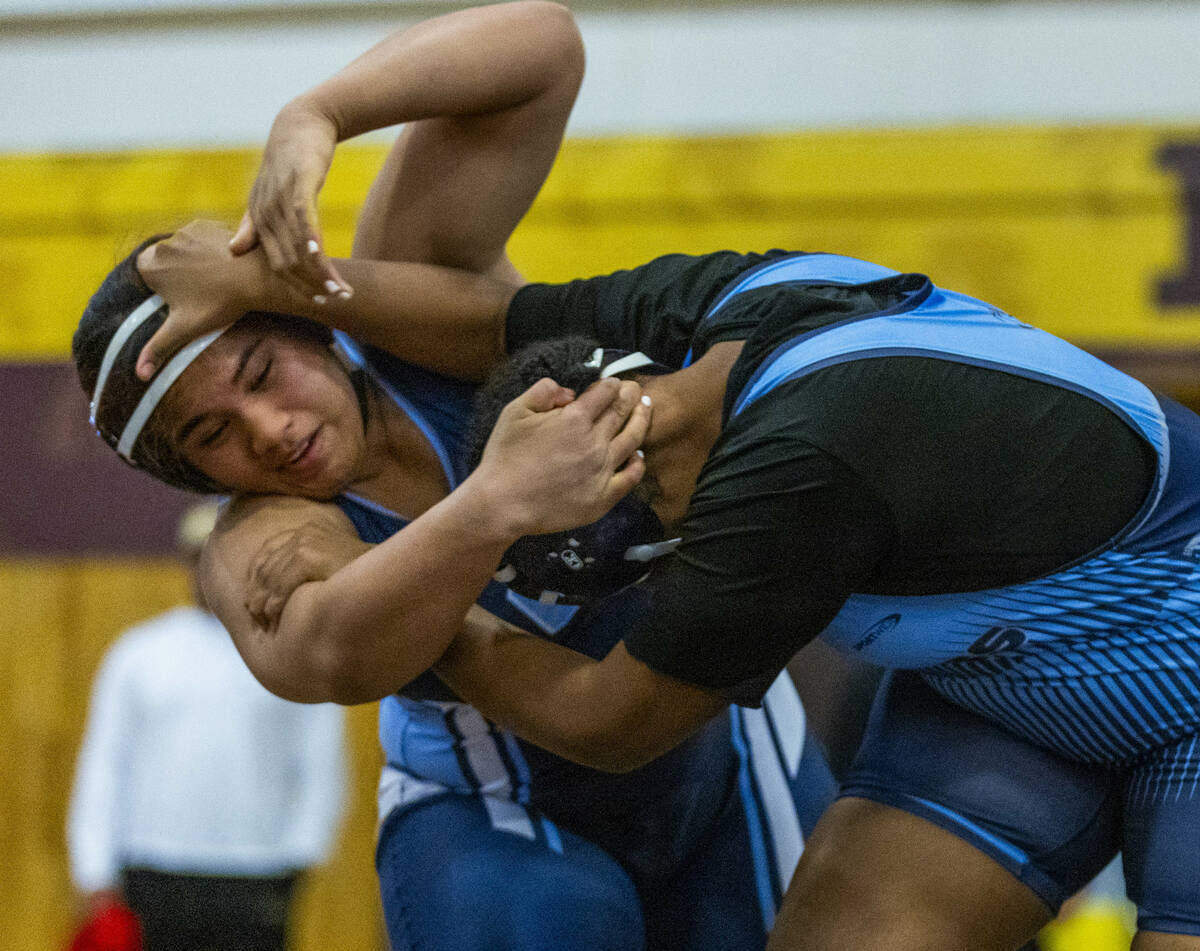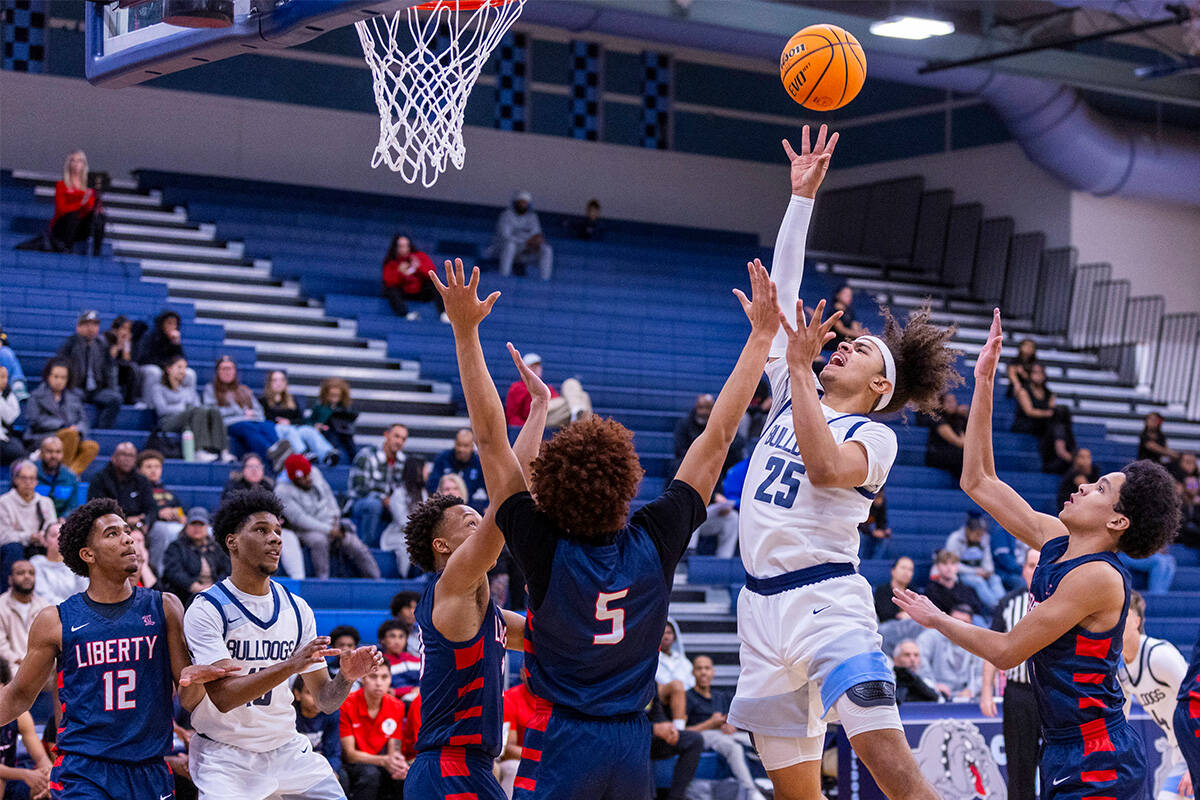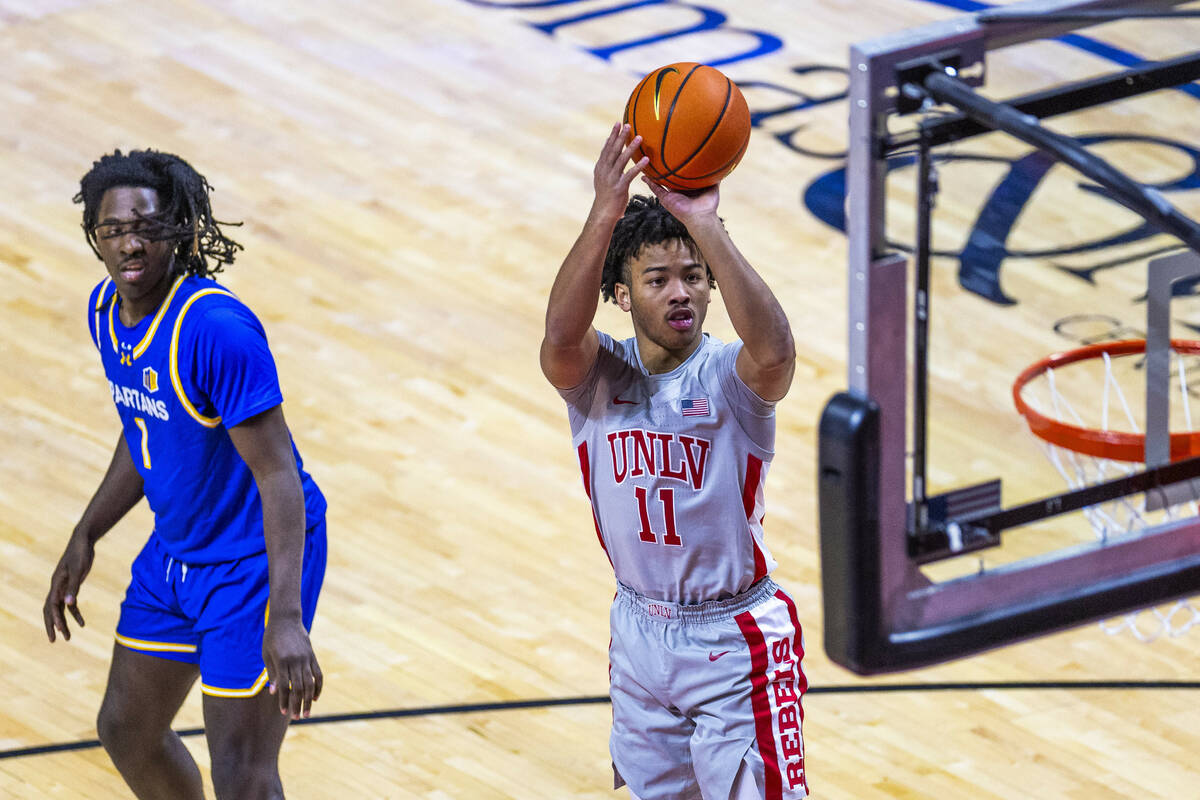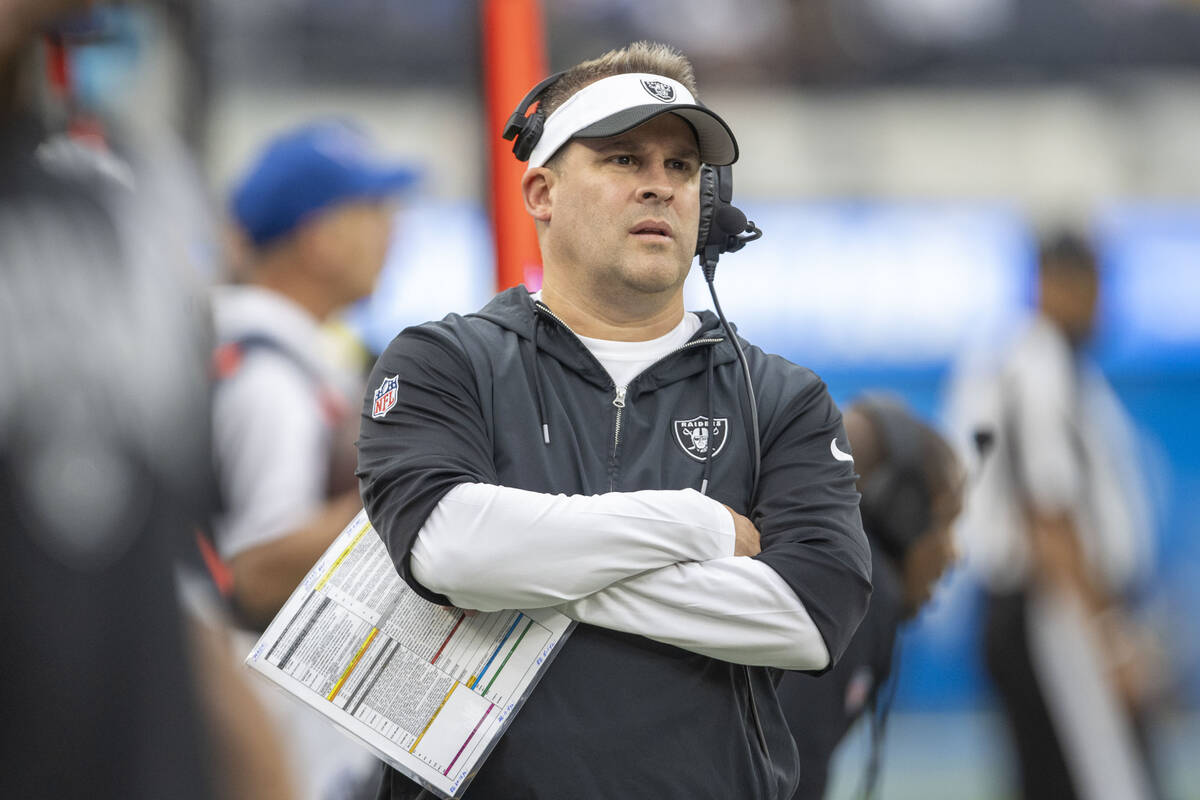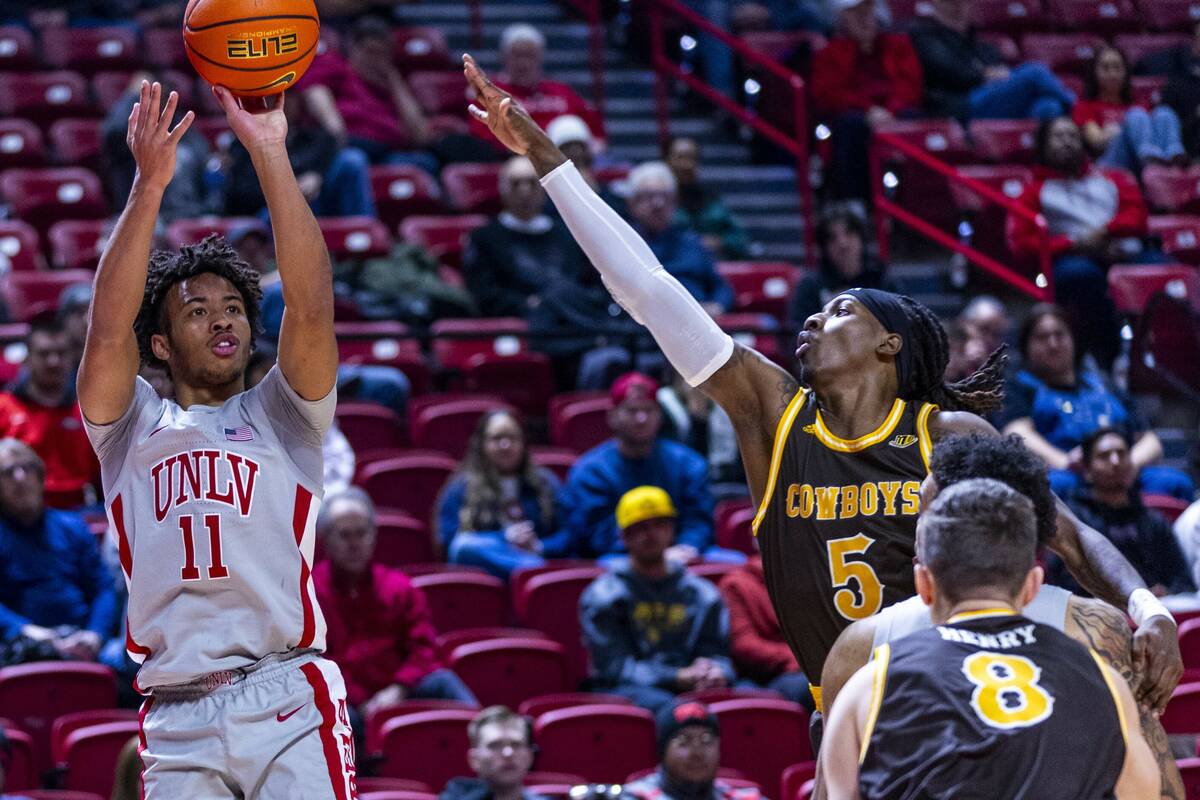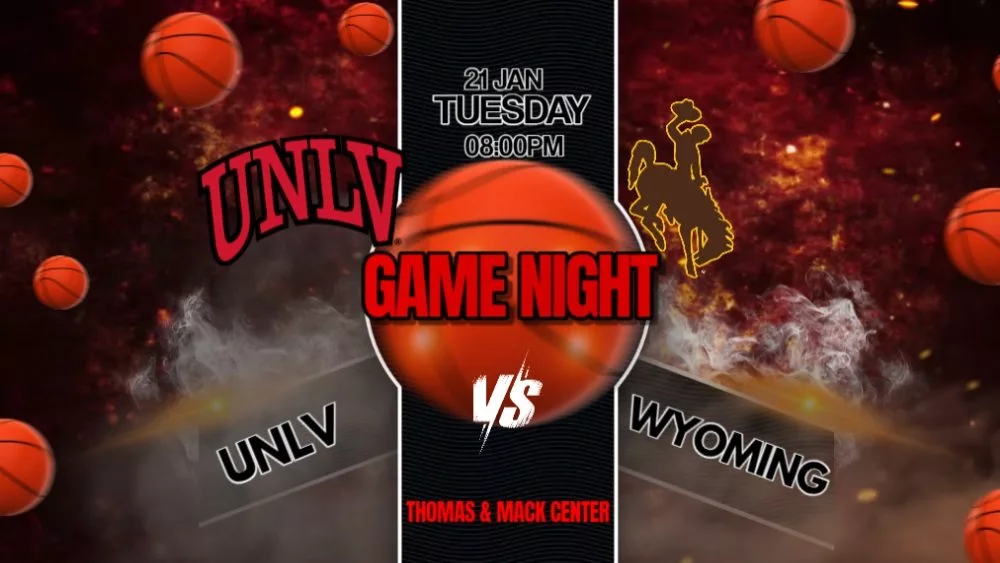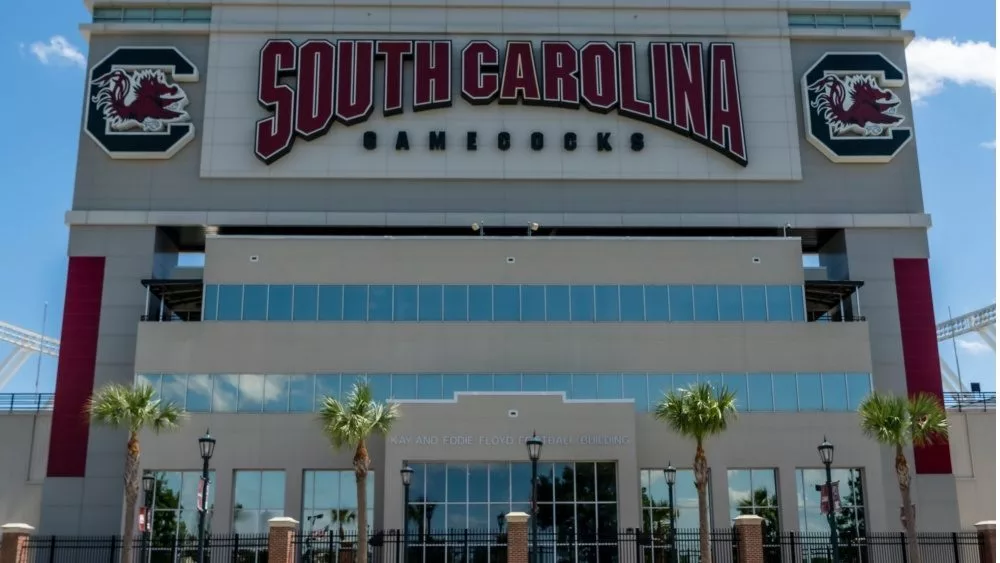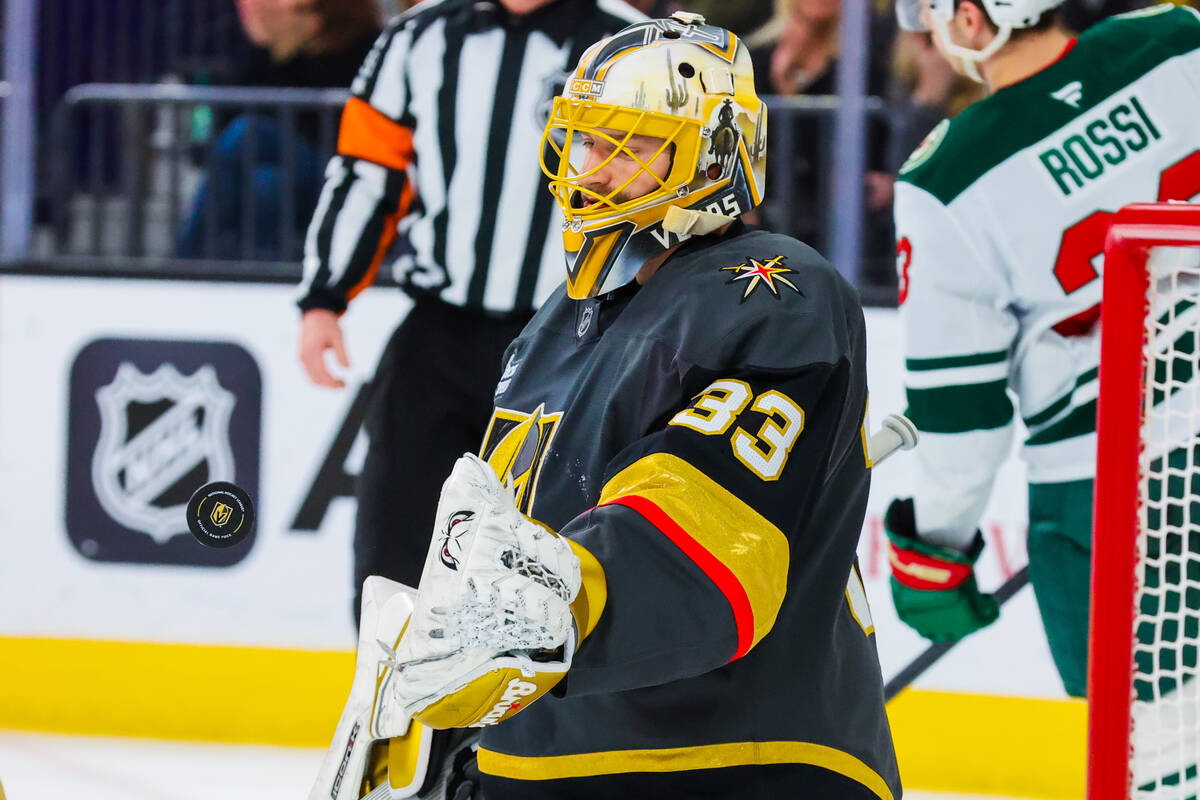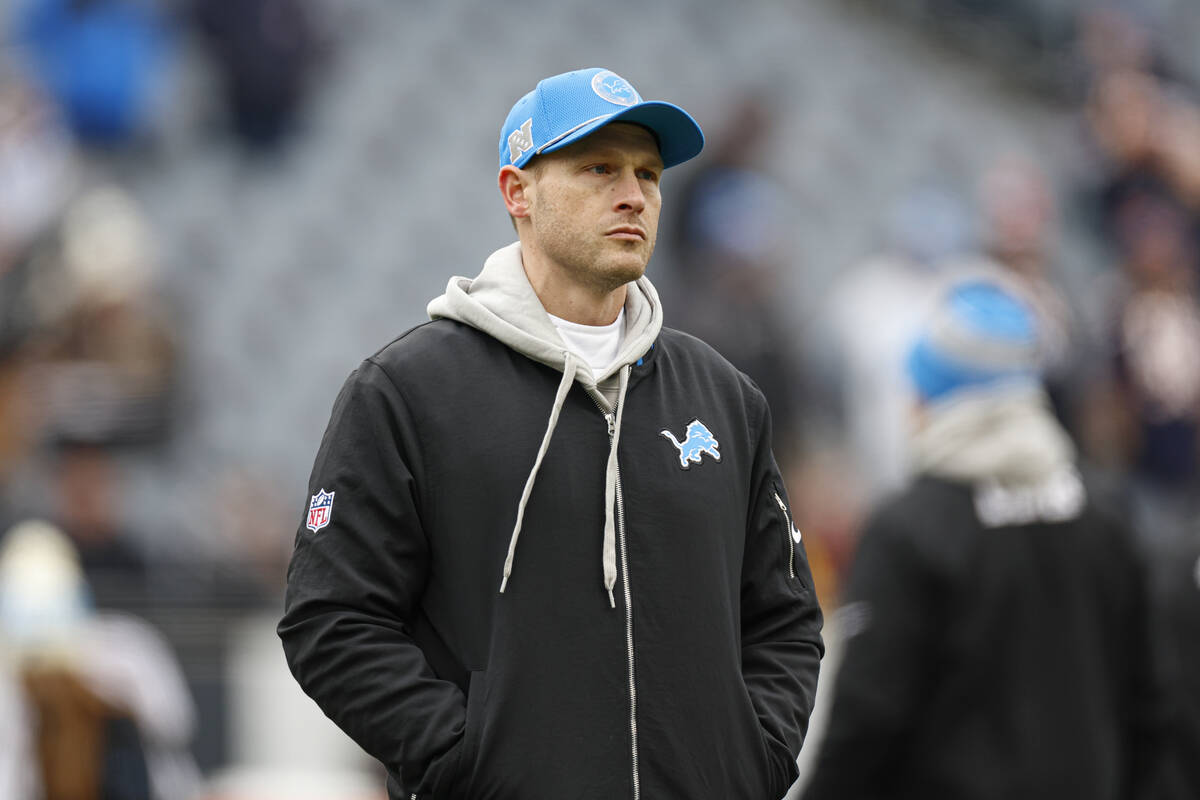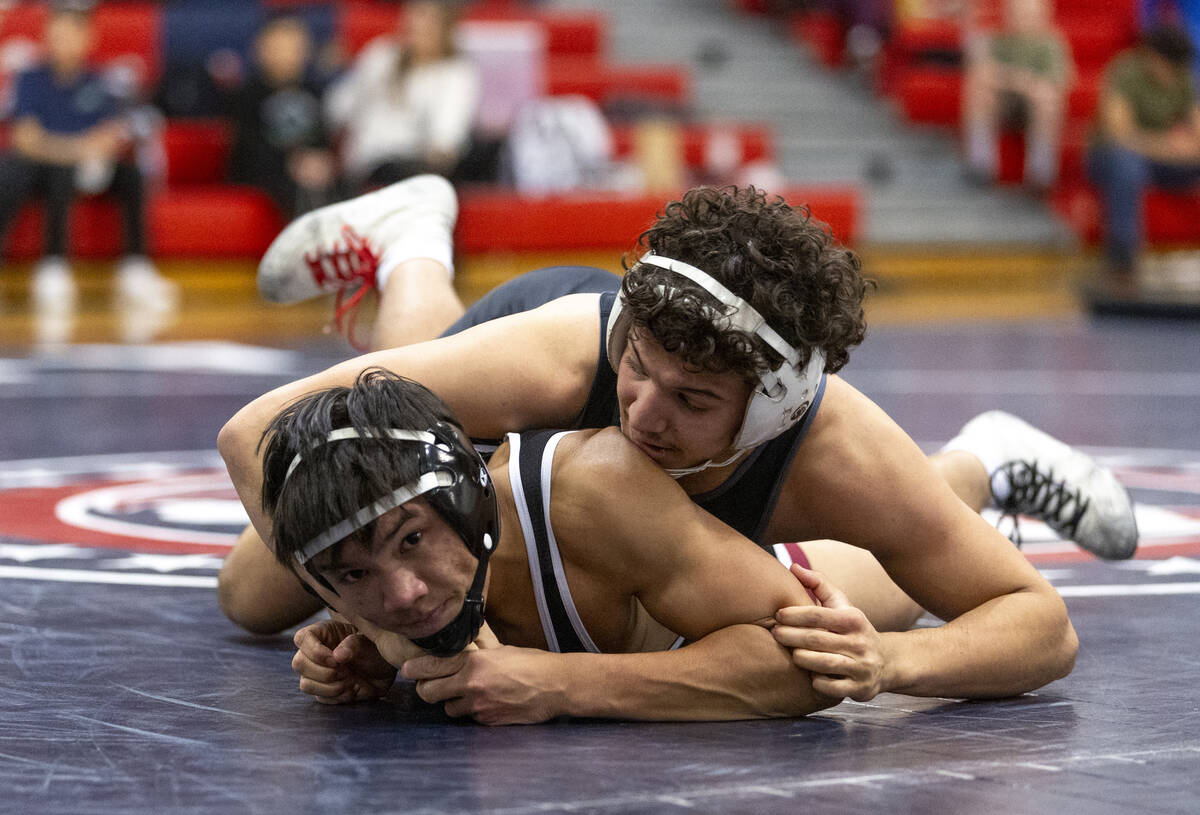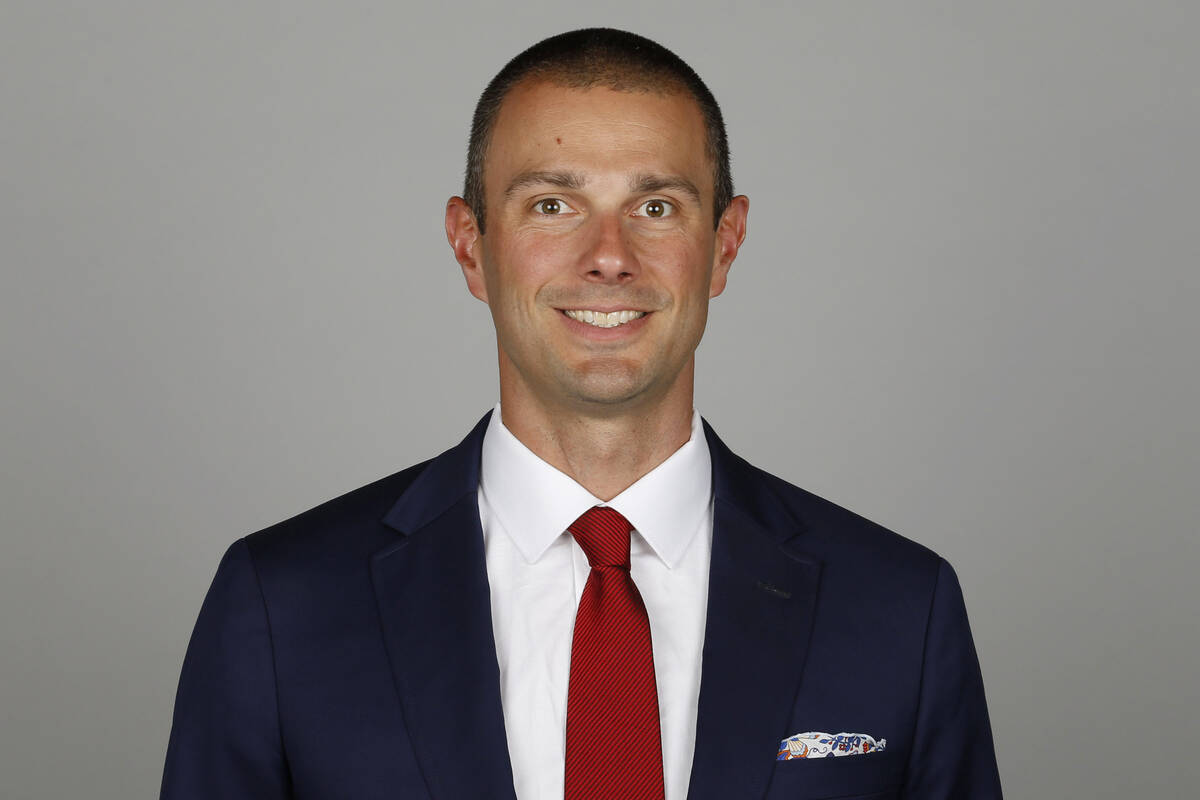Like many great tales of business success, one of the most important turning points of John Spytek’s career came during a conversation on the golf course.
He has spent the past two decades since that crucial inflection point in 2007 working his way up the ranks and preparing himself for his first shot at becoming an NFL general manager with the Raiders.
Spytek’s path is an impressive one that has weaved through Cleveland before highly successful stints in Denver and Tampa Bay, but that journey could have taken a dramatic detour after a snap decision he made on the front nine.
The Michigan alum was in his mid-20s and had just finished his first season as a college scouting assistant with the Philadelphia Eagles after a year each as an intern with the Lions and Eagles.
He was picking up the business quickly, and he knew it. His bosses were telling him he was good at the job and they liked him. There was a reason, after all, he was playing golf in the offseason with a group that included then-vice president of player personnel Jason Licht across the river in Ramblewood, New Jersey.
Licht had some good news from general manager Tom Heckert to relay to Spytek. The front office loved what he was doing and wanted him back for a second season as a college scouting assistant.
Spytek politely declined, stunning his playing partners.
Accidental ‘negotiating savant’
It wasn’t that he had another job lined up or really had any idea what he was going to do next. He just knew he was too good to be in that role again.
“Sometimes not having a good plan B or knowing what a stupid decision you’re making can benefit you,” Spytek laughed as he recalled the story on the “Loose Cannons” podcast last year. “I remember (Licht) asking what I was going to do if I didn’t take the job, and I said, ‘I don’t know, but I’ll figure it out.’”
Spytek wasn’t kidding. He was engaged and ready to start a family with no backup plan and no savings, but he did believe in himself.
“I felt like I was good and they kind of made the mistake of telling me I was good and that my reports were really good,” Spytek said. “I was hanging out with them. I was hanging out with our old boss (Heckert). I knew what they thought of me. I wish I could say it was calculated and that I was a negotiating savant, but it was just one of those things where I believed in myself and where I wanted to go with my career.”
He didn’t have to wonder about his future for long. The way Spytek remembers it, Licht went back to the office and Heckert said he rather enjoyed the moxie Spytek had shown.
The team came back to him with an offer of a promotion to pro and college scout, and Spytek quickly accepted.
“It’s a seminal moment in my career, but it could have gone poorly and I would not be sitting here,” said Spytek, who credited his now-wife with supporting the decision to take a chance on himself. “I woke up feeling dangerous that day, and it worked out for me.”
Seinfeld’s mindset
It’s that kind of confidence that has Spytek believing he can help turn around the fortunes of a Raiders organization that hasn’t won a playoff game since the 2002 season.
Spytek has spent time in the years since his golf course moment, including a run as Licht’s assistant GM in Tampa Bay, reading about similar cases of successful people jumping without a parachute, so to speak.
One of his favorite examples is Jerry Seinfeld, which is no surprise since Spytek is a fan of the comedian’s beloved sitcom.
“He had a quote about not having a plan B because it was always this,” Spytek said of Seinfeld. “I was ready for more, and there was no plan B and I was OK with that. If you’re not going to take care of me, someone else will. I didn’t have a lot of other connections at that point, but I would have figured it out.”
It’s going to take that type of confidence and will to right the Raiders’ ship.
Subtle, but smart
A coach’s most important job in most sports is to simply find those little edges that give his team a fraction of a percentage point better chance to win.
That’s why analytics, although greatly misunderstood by most fans and analysts, are so important.
New Mexico coach Richard Pitino appeared to make a great decision Saturday against UNLV that went largely unnoticed but showed his attention to detail.
The Lobos led 75-73 with five-tenths of a second remaining and Nelly Junior Joseph about to take his second free throw. Pitino motioned to his big forward to miss the shot, and he obliged, forcing the Rebels into a 90-foot heave at the buzzer with little chance to come close to the rim.
Far too many teams have their player go ahead and make the free throw in that situation, which allows the opposing team to set up an inbounds play and potentially get a much better look at a 3-pointer to force overtime.
The fear of possibly losing in regulation often scares coaches off such a gambit, but mathematically the move is to miss on purpose with a half-second or less remaining and a two-point lead (as long as your offensive rebounders know it’s coming and to avoid fouling). With a one-point lead in that situation, it should be a fireable offense to instruct your player to make the free throw.
Good for Pitino for making that call.
Contact Adam Hill at [email protected]. Follow @AdamHillLVRJ on X.

